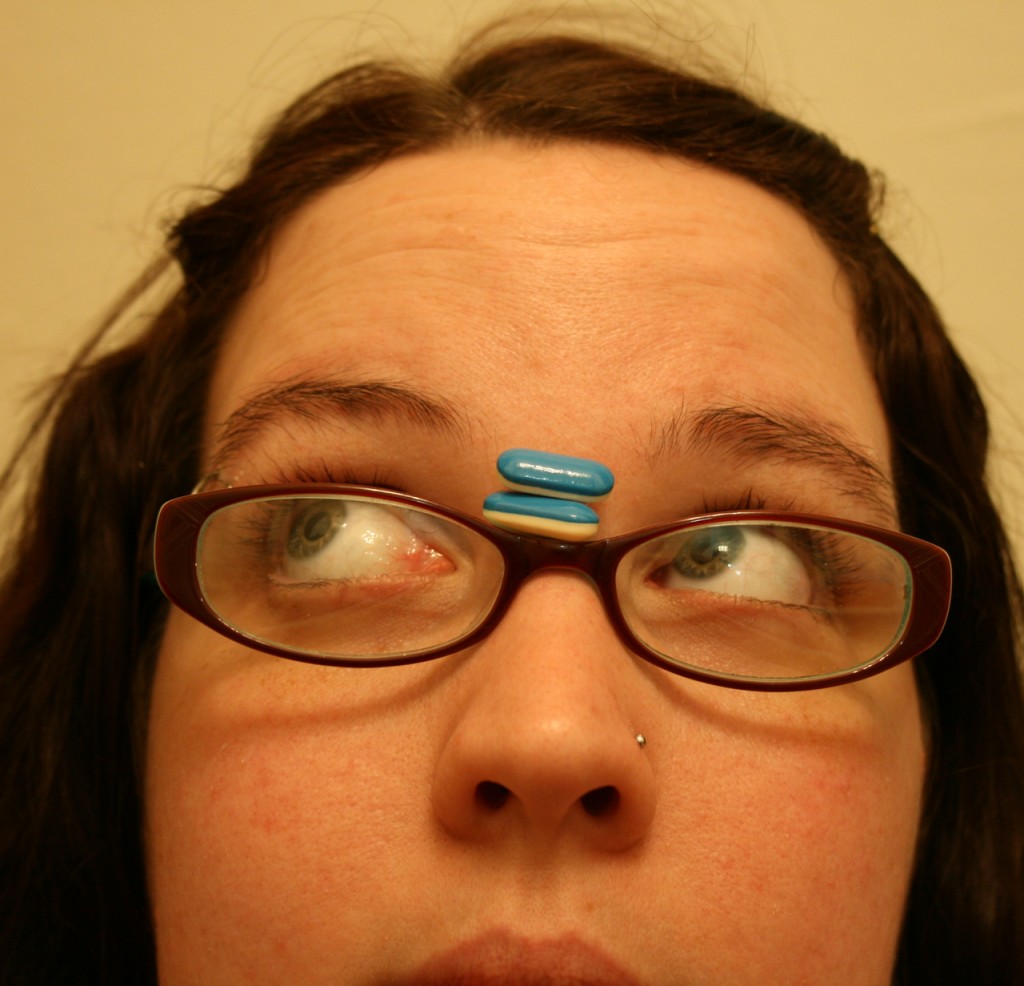Addiction is a chronic disorder affecting the brain’s reward, motivation, and related systems. Addiction is characterized by the inability to consistently abstain from harmful behaviors, impairment of behavioral control, craving for drugs or experiences, diminished recognition of significant problems with behaviors, and a dysfunctional emotional response. Addiction may cause significant harm to individuals, including a loss of control over their lives, damage to their relationships, and physical, psychological, and social consequences. Therefore, overcoming addiction to regain control and lead a happy and fulfilling life is crucial. Here are some strategies individuals use to overcome addiction and take control of their lives.
Seek Professional Help
The first step in dealing with addiction is to seek professional help. Alcohol and drug addiction treatment centers are staffed with trained medical professionals to deal with addiction. These treatment centers offer a range of options, including individual therapy, group therapy, and medication-assisted treatment. Treatment centers may be inpatient or outpatient, depending on the severity of the addiction.
Psychiatrists and psychologists also provide support and guidance to individuals struggling with addiction. They help individuals overcome underlying mental health issues that may have contributed to their addiction. Additionally, support groups such as Alcoholics Anonymous (AA) or Narcotics Anonymous (NA) provide opportunities for individuals to connect with others who have gone through similar experiences and to receive continued support through shared experiences and group meetings.
Avoid Triggers
Triggers are environmental and situational cues that increase the risk of a relapse. Identifying and avoiding triggers is a crucial part of recovery. Some common triggers include certain social situations or relationships, stress, and drug or alcohol advertisements.
Individuals may take several steps to avoid triggers, such as avoiding events or situations that could trigger cravings, seeking support and accountability from friends and family, and developing healthy habits such as exercise, meditation, and healthy eating. Mindfulness-based therapies such as meditation may help individuals be more aware of their thoughts and feelings, particularly when dealing with triggers.

Replace Negative Habits
Addiction often involves negative habits that have become ingrained into an individual’s daily routine. To overcome addiction, individuals need to replace negative habits with positive ones. This involves identifying what triggers negative habits, which times of day or emotions may be more likely to prompt them, and finding new activities or habits that act as healthier alternatives.
For example, someone who regularly uses drugs or alcohol to cope with stress may find alternative ways to deal with stress through exercise or meditation. Keeping a journal and reflecting on negative habits and thought patterns also help individuals identify areas where they need to make changes.
Focus on Self-Care
Self-care is an essential part of overcoming addiction. It involves taking care of physical, emotional, and mental health needs. Adequate sleep, a healthy diet, and regular exercise are all crucial for physical health. Emotional self-care involves practicing stress-reducing techniques such as mindfulness or journaling.
Mental health self-care involves seeking professional help, practicing self-awareness and self-acceptance, and developing coping skills for difficult situations. Self-care may also involve engaging in activities that bring joy and fulfillment, such as hobbies, volunteering, or spending time with loved ones. Focusing on self-care assists individuals in developing a positive self-image and the tools necessary to overcome addiction.
Conclusion
Addiction is a complex problem that affects people from all walks of life. Overcoming addiction requires a multifaceted approach that involves seeking professional help, joining a support group, developing healthy coping mechanisms, making lifestyle changes, setting realistic goals, creating a support network, and practicing self-care. While the road to recovery may be challenging, it is not impossible, and with the right strategies, anyone can take control of their life and overcome an addiction.
